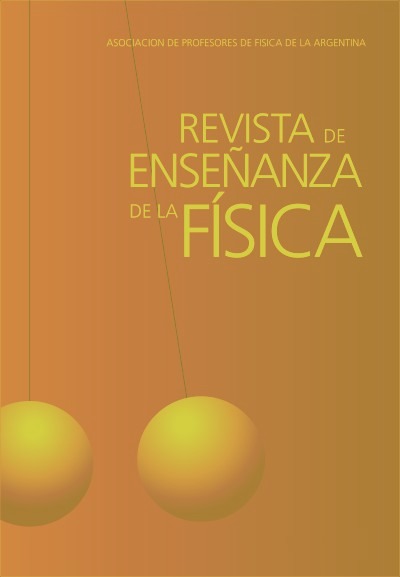Discussing the epistemologies of Thomas Kuhn and Ludwik Fleck: an analysis on the photoelectric effect
Keywords:
Scientific Community, Paradigms, Thought Collective, Thought Style, History and Philosophy of ScienceAbstract
The epistemology proposed by the Polish physician Ludwik Fleck (1896-1961) has attracted more and more supporters among researchers in Science Education. However, his innovative concepts of "thought collective" and "thought style" are mistakenly considered equivalent to the terms "scientific community" and "paradigm" used by Thomas Kuhn (1922 - 1996) in his book "The Structure Scientific Revolutions". The work, presented here, aims to clarify and apply these four epistemological concepts in a case study. For this, having a historical point of view on the photoelectric effect experiment, we use as an object of analysis and discussion
the scientific controversy involving, on the one hand, the "Triggering Hypothesis", by the Austro-Hungarian physicist Philipp Eduard Anton von Lenard (1862-1947), formulated in 1902 and, on the other hand, the "Quantum Light Hypothesis", by the German physicist
Albert Einstein (1879-1955), elaborated in 1905. It was possible to evidence how conceptual and social elements contributed both to the emergence of new ideas (the "quantum of light") and the widespread rejection by physicists, at least until 1913, of a quantum theory of radiation.
Downloads
Published
Issue
Section
License
Copyright (c) 2022 Eliéverson Guerchi Gonzales, Ronivan Sousa da Silva Suttini, João José Caluzi

This work is licensed under a Creative Commons Attribution-NonCommercial-NoDerivatives 4.0 International License.
Aquellos autores/as que tengan publicaciones con esta revista, aceptan los términos siguientes:Los autores/as conservarán sus derechos de copiar y redistribuir el material, bajo los términos estipulados en la Licencia de reconocimiento, no comercial, sin obras derivadas de Creative Commons que permite a terceros compartir la obra bajo las siguientes condiciones:
- Reconocimiento — Debe reconocer adecuadamente la autoría, proporcionar un enlace a la licencia e indicar si se han realizado cambios. Puede hacerlo de cualquier manera razonable, pero no de una manera que sugiera que tiene el apoyo del licenciador o lo recibe por el uso que hace.
- NoComercial — No puede utilizar el material para una finalidad comercial.
- SinObraDerivada — Si remezcla, transforma o crea a partir del material, no puede difundir el material modificado.
- Los autores/as podrán adoptar otros acuerdos de licencia no exclusiva de distribución de la versión de la obra publicada (p. ej.: depositarla en un archivo telemático institucional o publicarla en un volumen monográfico) siempre que se indique la publicación inicial en esta revista.
- Se permite y recomienda a los autores/as difundir su obra a través de Internet (p. ej.: en archivos telemáticos institucionales o en su página web) antes y durante el proceso de envío, lo cual puede producir intercambios interesantes y aumentar las citas de la obra publicada. (Véase El efecto del acceso abierto).










